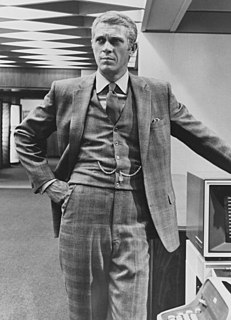A Quote by Joe Swanberg
I don't want to force somebody to talk about sensitive subjects if they're not into it, but at the very least, even if that's happening off camera, it's allowing everybody to be on the same level, and creates an atmosphere on set that engenders trust.
Related Quotes
I think, a lot of times, the mistake in music - even rappers that are trying to be big time - if you're broke, rap about being broke. If you're sensitive, rap about being sensitive, 'cause there are other sensitive people. If you're sensitive, but you talk about being a tough person that doesn't care about anything, people will call your bluff.
It's just a matter of who you are and how you talk to people. Your subjects will trust you only if you're confident about what you're doing. It really bothers me when photographers first approach a subject without a camera, try to establish a personal relationship, and only then get out their cameras. It's deceptive. I think you should just show up with a camera, to make your intentions clear. People will either accept you or they won't.
I don't like to put too much effort into things. I find that once you get involved with special effects it is no longer about what is happening in front of the camera and I really want to concentrate on what is happening in front of the camera, like the man apparently peeing on the surface of the screen.
Baseball is a set of individuals doing their thing in the same team, but it's much more individual. In basketball people are making real time decisions about who gets the ball, do we trust everybody out on the court, and the analytics certainly don't show you all those subtle dynamics, but they're very important.




































